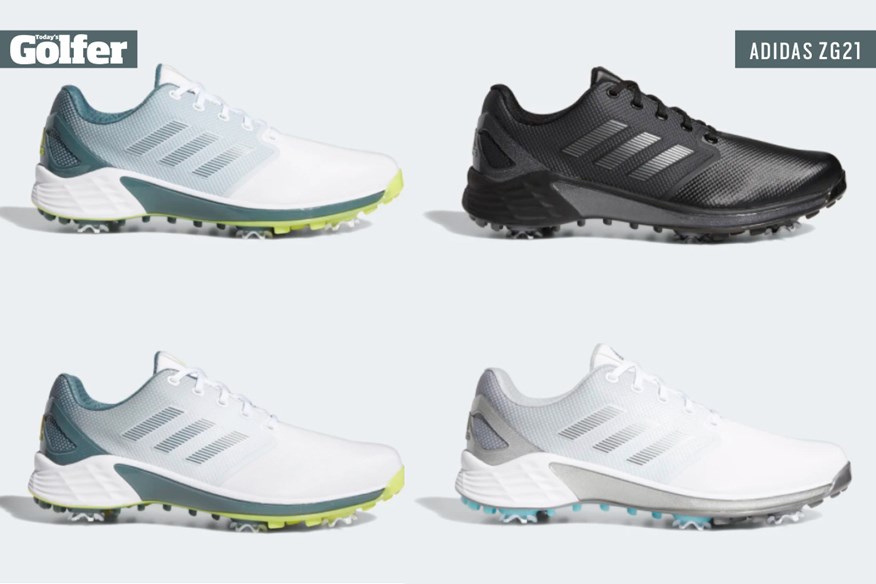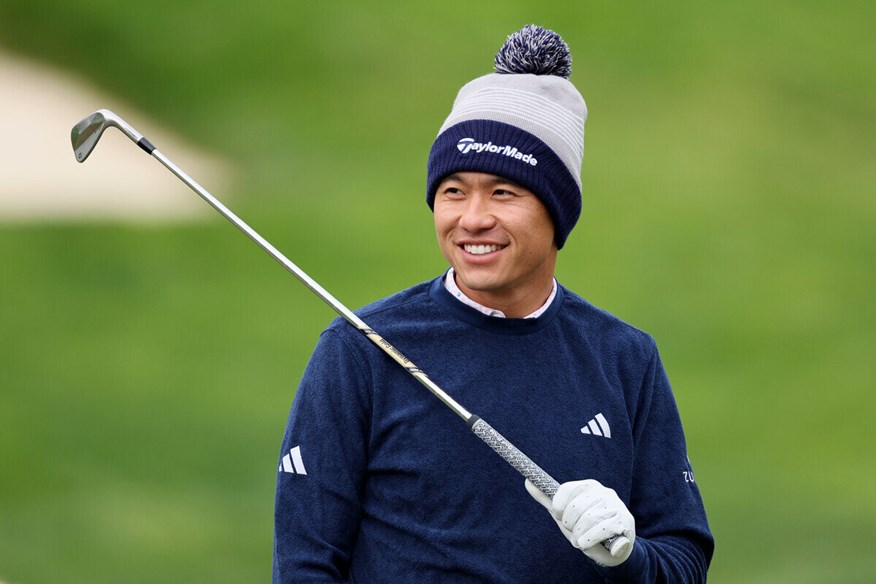What’s In The Bag: Collin Morikawa April 2025
Last updated:
What’s in the bag of two-time Major champion, Race to Dubai winner, and Ryder Cup star Collin Morikawa?
JUMP TO: Morikawa’s equipment | How he’s fitted | His 2021 Open set-up
Collin Morikawa rapidly rose to the top of the game very early in his golfing career. The American is a two-time Major Champion, three-time PGA Tour, winner on the DP World Tour, and victor of a World Golf Championship.
The TaylorMade Tour star’s most recent victory came at the 2023 Zozo Championship where he ran away with the event in the end, defeating fellow Americans Eric Cole and Beau Hossler by six strokes – the largest margin of victory at this event in its history.
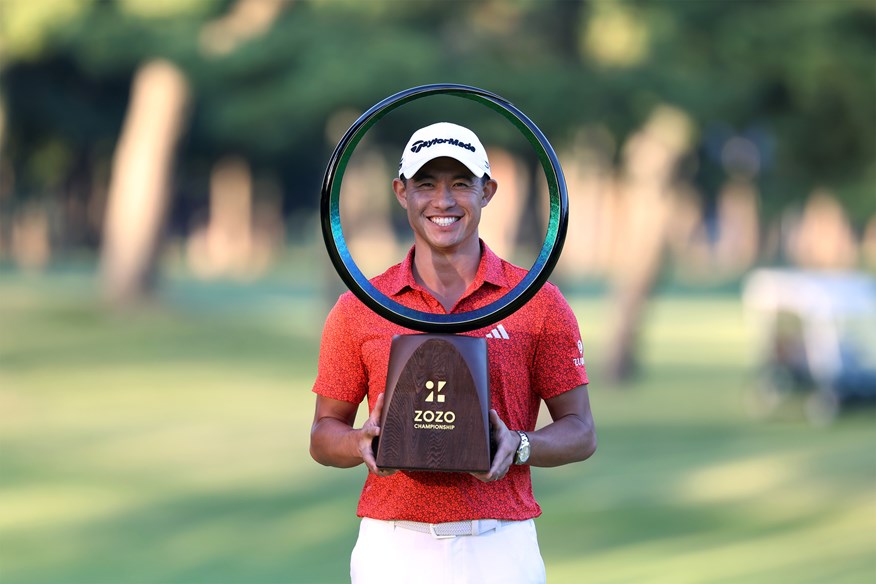
As a 24-year-old, In 2021, Morikawa made history with his victory at the DP World Tour Championship, becoming the first American to win the European Tour’s Race to Dubai.
It continued the 2021 Champion golfer of the year’s incredible start to his professional career and rounded off an amazing year which also saw Morikawa win his first WGC at the Workday Championship at The Concession, play in the Olympics, win his second Major at The Open at Royal St George’s and take 3.5 points from four matches on his Ryder Cup debut.

In winning The Open at Royal St George’s, Collin Morikawa became the first player to ever win two Major Championships on his debut in the events. The American was in stunning form at Royal St George’s as he posted a bogey-free 66 (-4) in the final round to win the Claret Jug by two shots from Jordan Spieth on 15-under par.
Morikawa, who won the 2020 US PGA Championship at TPC Harding Park, is just the second player to have won The Open and PGA before the age of 25, joining Tiger Woods. Now aged 27, he’s added six more professional victories to his resume .

He’s also the player to take the fewest Major starts to win twice since Bobby Jones, and the first debutant to win The Open since 2003 when Ben Curtis also won at Royal St George’s.
Morikawa made headlines galore when he turned pro, beginning his career by making 22 consecutive cuts, second only to the 25-event streak Tiger Woods achieved at the start of his career.
Throughout the American’s success, he used a combination of TaylorMade golf clubs and TP5 golf ball.

Working with TaylorMade’s Adrian Rietveld, Morikawa was looking to improve his center strike on his mid and short irons on the firmer and tighter links turf.
“As the question came through to me from Collin, I just told him I needed to think about it,” Rietveld said. “He’s just that type of guy that nothing is going to change unless there’s an out-and-out reason to change, and he just felt as if he was mis-hitting his irons. But he couldn’t understand why.
“It was interesting, as he was warming up, the sound off the P730 was not Collin-like. It’s unique to say this, but it was just fractionally different to what I’m used to hearing. Then he goes into the P7MC and you can hear the strike come back.”

Another significant change that Morikawa made on the eve of the 2021 Open Championship was adding weight to his TP Juno putter. Playing on the PGA Tour’s faster greens all year, he struggled to get the ball to the hole on the slower links greens at The Scottish Open.

Again, working with Rietveld, the Major champion switched the weights in his putter from 2.5g heel and 2.5g toe to the heavier 7.5 gram heel and toe weights, adding a combined 10g in total.
Here we go in-depth on Morikawa’s golf bag, including reviews and tests of his equipment.
What driver does Collin Morikawa use?
Collin Morikawa uses a TaylorMade Qi10 LS driver (9°) with a Mitsubishi Diamana D+ Limited 60 TX shaft
TaylorMade's new 2025 driver!
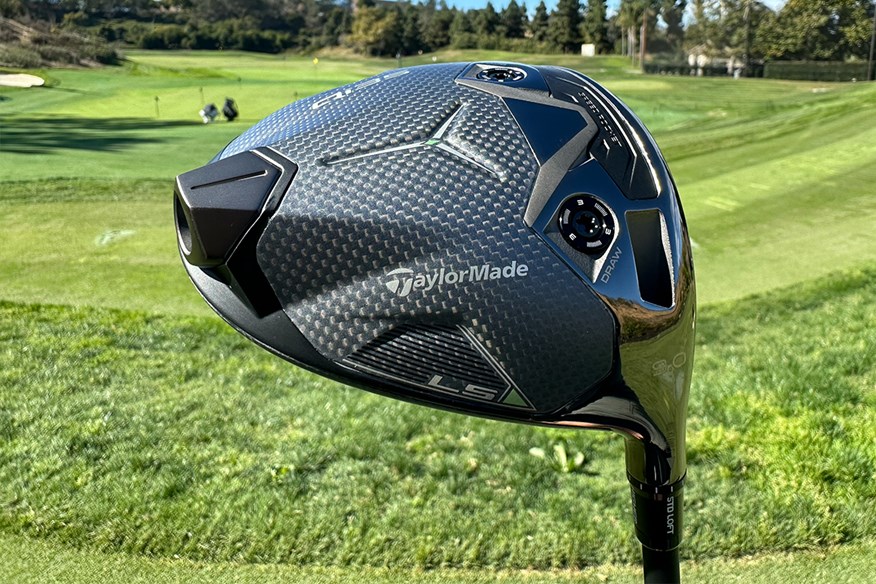

What fairway woods does Collin Morikawa use?
Collin Morikawa uses a TaylorMade SIM Ti 3-wood (14.0°), and a TaylorMade Qi10 5-wood (18°), with Mitsubishi Diamana D+ Limited 80 TX shafts.
TaylorMade's new fairway woods!
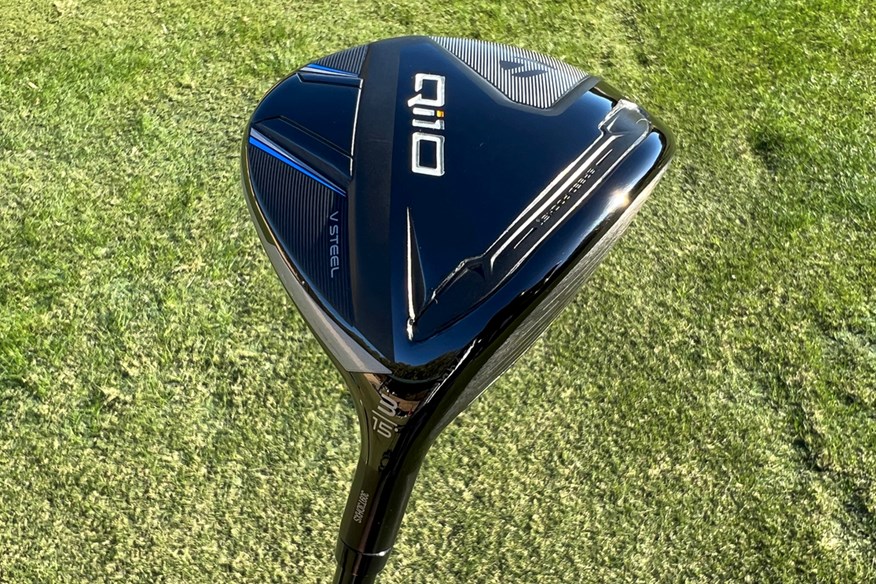

What irons does Collin Morikawa use?
Collin Morikawa uses TaylorMade P770 (4) P7CB (4-5-6) P730 (7-PW) with True Temper Dynamic Gold Tour Issue X100 shafts
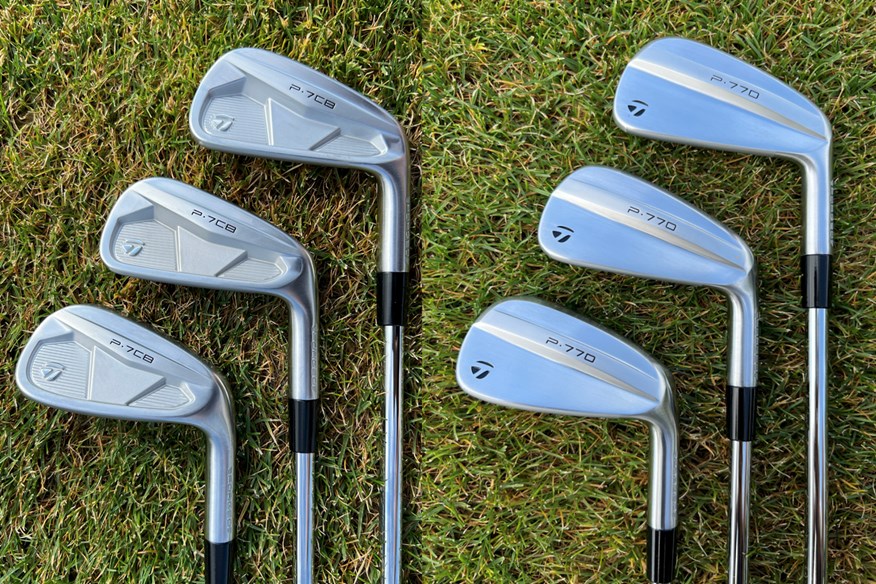

Read our full TaylorMade P7CB irons review.
| Availability | 3-PW |
| 7-iron loft | 34° |
| Stock shaft | KBS Tour Steel |
| Stock grip | Golf Pride Z-Grip 360 |
What wedges does Collin Morikawa use?
Collin Morikawa uses a TaylorMade MG4 Wedge (50°-SB, 56<meta charset="utf-8"></meta>°-SB, 60<meta charset="utf-8"></meta>°-TW) with True Temper Dynamic Golf S400 shafts
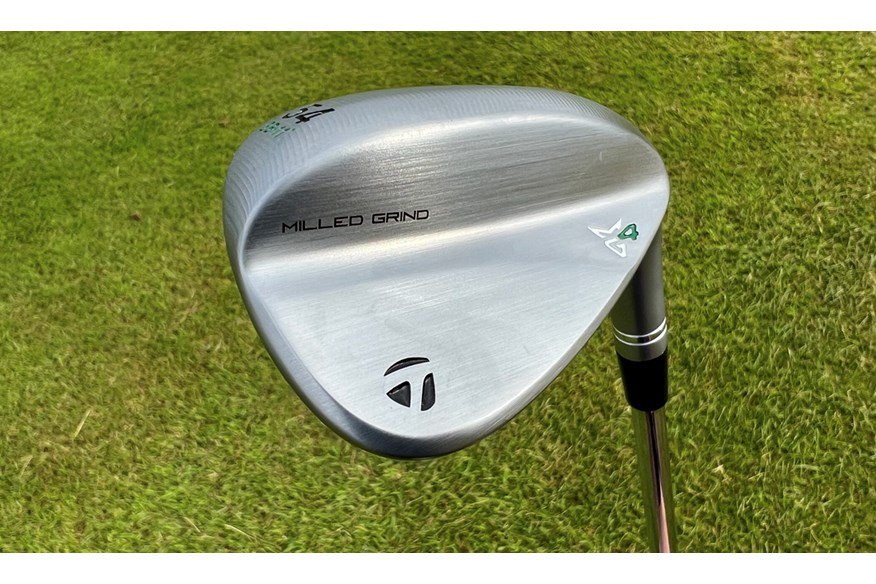


Pros
- Beautiful looks
- Very high spin rate
- Extremely consistent distances
Cons
- Less forgiving than cavity backs
| Lofts: | 46° / 50° / 52° / 54° / 56° / 58° / 60° |
| Grind options: | Standard Bounce, Low Bounce, High Bounce, Tiger Grind |
| Finishes: | Satin Chrome, Satin Black |
| Stock shaft: | True Temper Tour Issue S200 |
What putter does Collin Morikawa use?
Collin Morikawa uses a TaylorMade TP Soto putter
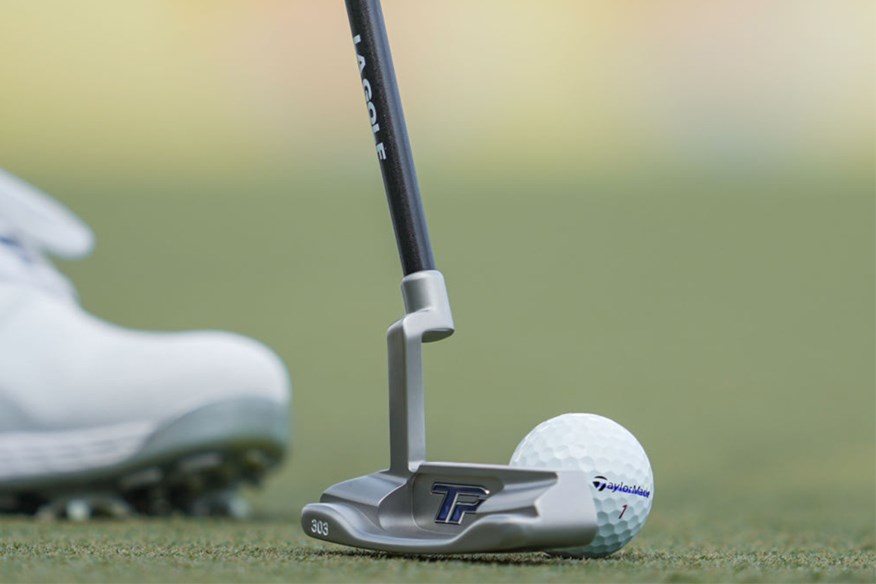

Read our full TaylorMade Spider Tour series putters review.
What golf ball does Collin Morikawa use?
Collin Morikawa uses the TaylorMade TP5x Golf Ball
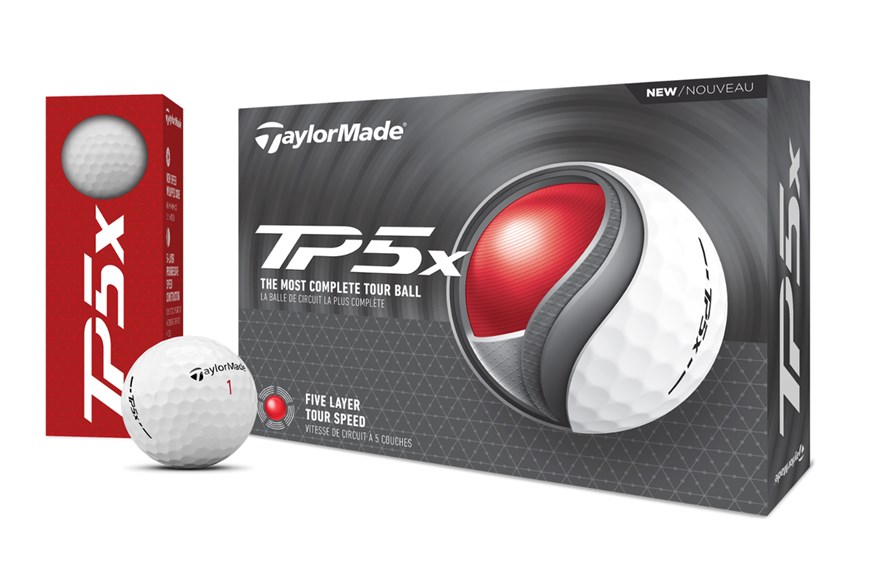

In our successful robot test, we found the TP5x to be very strong performers from tee to green for a range of swing speeds - even though they are aimed at golfers with quick swing speeds. However, if you have the swing speed you'll really appreciate the distance and dispersion this ball has to offer over similar competitors.
Read our full TaylorMade TP5x golf ball review.
What golf apparel does Collin Morikawa wear?
What golf shoes does Collin Morikawa wear?
Colin Morikawa wears adidas ZG23 golf shoes
A favorite spiked golf shoe with our editior and Tour stars
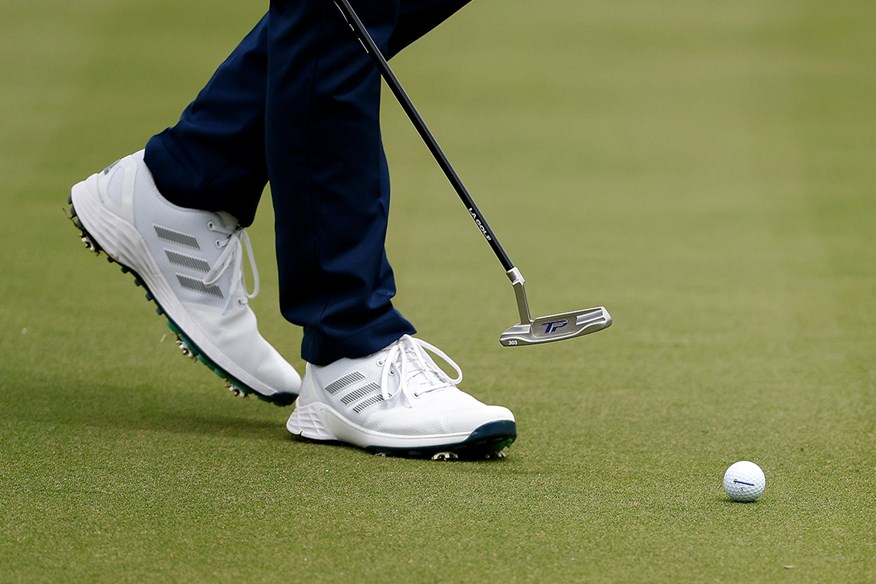

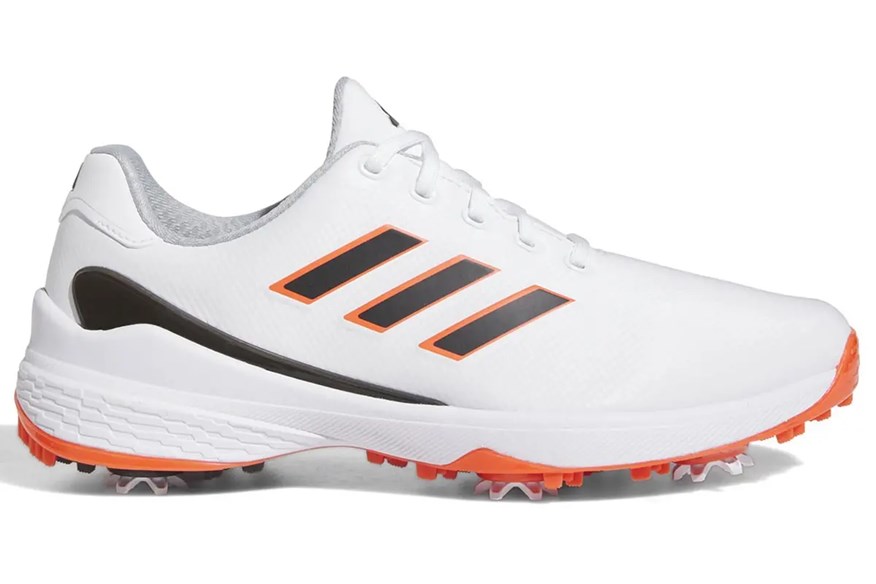
It is a hybrid golf shoe that combines a recycled upper, with a Lightstrike midsole for maximum cushioning and energy return and is brought together with a six-cleat Traxion outsole.
Many brands would say that six cleats are not enough to give the best traction on a shoe. But the way the outsoles are designed with spikes and a layer of strategic molds makes you feel closer to the ground and helps you transfer weight through the swing. The ZG23 also has 3D cradles down the side for lateral stability during the golf swing.
All that you'd expect from a premium-priced shoe that is worn by some of the world's best players, it's also fully waterproof.
See how the ZG23 compares to the best adidas golf shoes.
Pros
- Super lightweight
- Easy to clean
- Go great with any outfit
Cons
- At first glance, it doesn’t look as premium as the price point
| Sizes | 6.5 – 14.5 |
| Colors | 5 |
| BOA | Yes |
| Waterproof | Yes |
WITB: Fitting Collin Morikawa’s clubs
Adrian Rietveld, TaylorMade’s Senior Tour Manager, explains the process behind fitting the two-time Major champ into the brand’s new Stealth range.
Collin was our Achilles’ heel last year, as he never switched into the SIM2, but don’t forget he had the year of his life and won two Majors with SIM. We started testing the Stealth with Collin the week after the US Open (at Torrey Pines in 2021).
Come the marketing shoot in Florida in November he was very close to being ready with Stealth Plus, the product was faster than his SIM with exactly the same levels of dispersion. You have to realise with Collin, if he sees one drive go left he doesn’t want to hit the product again.
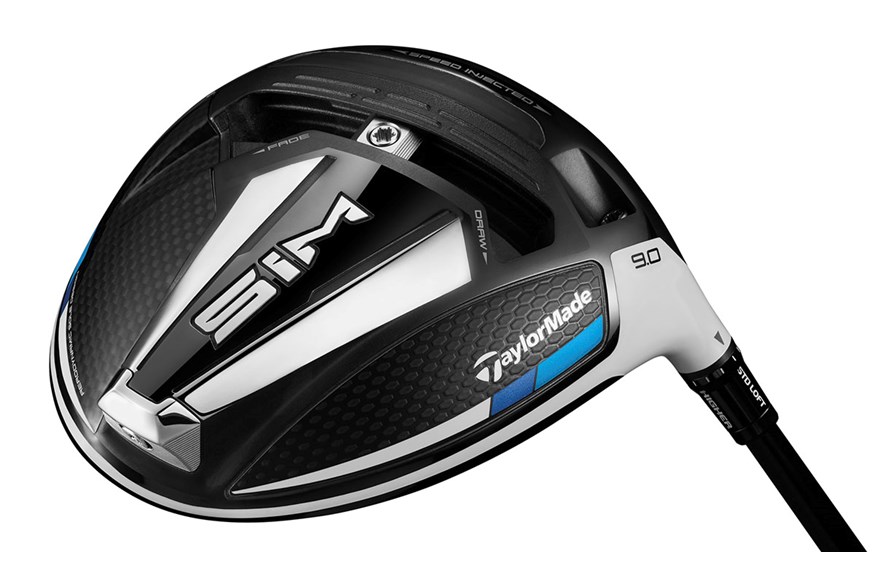
We spent 40 minutes getting shots to turn over so Rory McIlroy, Tommy Fleetwood and Sergio Garcia had the right-to-left ball flight they wanted, then the same amount of time with Collin and Dustin Johnson getting the ball to move in the opposite direction, all from the same driver head. That’s really impressive.
Collin needed to get a head that sat flat enough to suit his eye; we used machines to measure and match everything exactly to his previous SIM. We tested with the adjustable sole weight in a neutral setting, which he saw good results with, but we dialled in the weight to get the ball to start left and fall back right onto the target in the way that Collin really likes.

After seeing such success with SIM, it’s testament to the Stealth Plus that he’s started the year with 3-4mph more ball speed, while seeing no other change to his driving. For his ball flight and launch conditions you’re looking at a 2.5-yard gain per each extra mph of ball speed, so he’s picked up 8-10 yards on a good hit and at least 10 yards on a mishit.
We’ve definitely seen that when Collin misses it with Stealth, the ball speed is higher than a good one with his old driver. He’s said to himself, “I’m giving something up if I don’t play this driver”. He’s a master of deciphering that, too. If a club isn’t better for him, he just doesn’t play it. With the same shaft, same specs, same grip and same swing weighthe’s got better performance. He really has hit a home run with Stealth Plus.

The fit wasn’t quite as easy as Rory. With Collin we went through seven or eight iterations, building our understanding and learning about the product as we went. Collin wants to know why the driver’s faster and why it doesn’t spin up on a mishit. He’s very much a person who wants to understand the product, where Rory just wants to hit it.
WITB: Setting up Morikawa’s Open-winning bag
Adrian Rietveld, TaylorMade’s Senior Tour Manager, explains how they perfected Morikawa’s equipment set-up ahead of his victory at Royal St George’s in 2021.
“I need your help, I’m just not striking my irons as flush as usual.”
Collin called me after his final round at the Scottish Open, and said he was not striking his mid and short irons as well as he usually would. He felt his strike was fractionally off and it was exaggerated when trying to shape shots. He asked: “Can you do anything about it?” I needed time to think, but said I’d meet him at The Open the following day.
How are you hitting your 6-iron?
Overnight, I’d thought about what Collin had described, and started to think about the sole geometry differences between his P730 (muscleback) 7, 8, 9-irons and PW, compared to his usual P7MC 5 and 6-iron.
When we met on the TaylorMade truck at The Open he said he wasn’t sure if it was in his head, but he felt he was hitting the 6-iron better than the short irons. The P7MC irons have a fraction less leading edge relief and a little less bounce.
So, if the P730 blades were bouncing a little in the turf (this was Morikawa’s first time at The Open), or not quite getting into the turf enough for the strike to be high enough on the face, then the strike would not feel good.
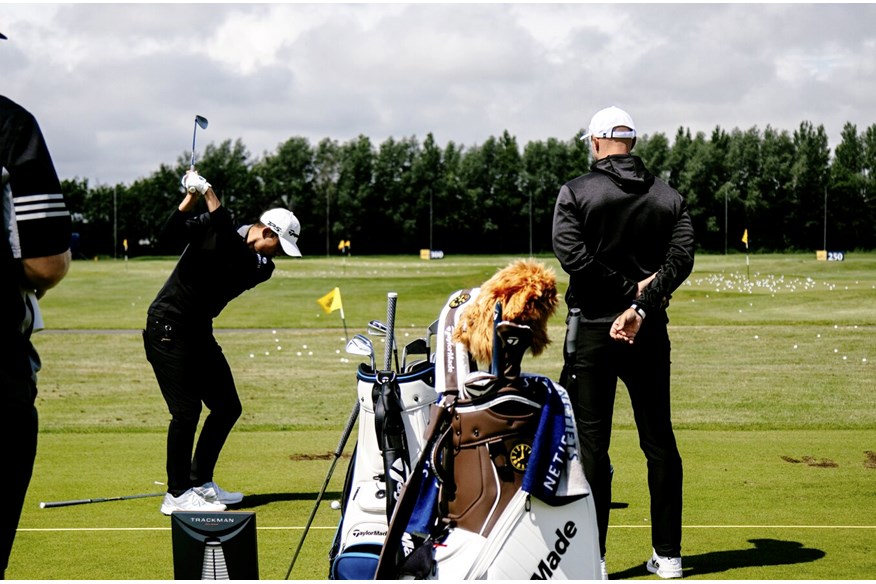
We had to build new P7MC 7, 8, 9-irons plus a pitching wedge.
When Collin arrived on Monday we had the clubs ready and headed to the range with a TrackMan. He hit P7MC 7-iron versus P730 7-iron and worked his way down through the 8s, 9s and pitching wedges. We could see the MCs were launching fractionally higher (which is what a cavity iron does), but the strike was noticeably different in terms of sound. We looked at the numbers and when he started to hit more shaped shots, he noticed how he was getting a little more control and consistency.
When hitting his draw shot to a left pin, he’d drop 600rpm of spin with the P730, but the number was half that with the MCs. When spin rates are closer and more consistent you get better distance control, which is Collin’s DNA.
If it’s not better, and it’s not going to make an improvement, even if it matches the rest of his iron set, he’s not switching.
The pitching wedges were exactly the same; his usual P730 PW was working fine and he could do everything he wanted to with it. To check ourselves, we closed our eyes and listened to the strike – you could hear a difference – and then we covered our ears and watched the ball flight. The window was a little lower with the P730 blades than he was used to on lush US golf courses, so the switch made sense.
Morikawa was so in tune with what’s happening in the turf, he’d benefit from playing less bounce that week.
Collin found exactly the same thing with his Hi-Toe wedge. Even though the strike was good, shots launched higher than he expected. I built him a new lob wedge with 7° of bounce (three less than his usual wedge). Within 10 shots he was like, “This is spot on, I’m going to play this set-up this week”. He spent 90 minutes on the short game area getting to know the clubs, and by Monday afternoon he was ready to play.

It was the first time his clubs had been on the European TaylorMade Tour Truck.
When he arrived at the Scottish Open, I asked him to drop them off – it was the perfect opportunity to get his equipment on to our machinery (thanks to tolerances, it can differ slightly compared to our PGA Tour truck) and get a complete record of his specs.
We spent 90 minutes getting every spec possible. And thank God we did, as we had no idea we’d be building him some new Open-winning irons just a few days later.
It’s extremely rare for top players to change equipment at a Major.
If someone is struggling, changing their equipment could be a lifeline to finding their game. But Collin did it for the right reasons – he did it to put himself in a position to win the tournament, and bear in mind he’s already the best iron player in the world. Nine times out of 10 we’d be trying to talk a guy out of doing this, but this is what we live for. It’s created a huge buzz throughout the company.
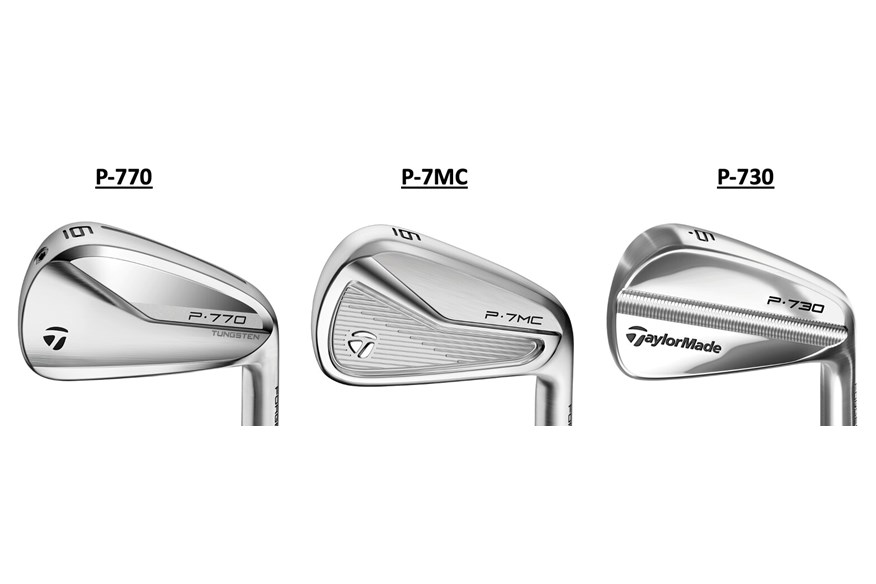
Morikawa doesn’t play a 3-iron.
The hollow body P770 4-iron gives a little more ball speed and slightly higher launch, so we make it a fraction stronger for him to fill the gap between his 5-iron and most lofted fairway. He looks at launch characteristics and landing angles, and he likes how he gets a slightly longer shot with a little more carry distance, but doesn’t need a 3-iron.
Three-woods are not to be messed with, and finding the right one is a big deal for a player.
But his head cracked in Scotland, just through wear and tear over time. I found three or four matching SIM heads and sorted them to find an identical loft (we’re talking within 0.25°), lie angle and headweight. The switch thankfully turned out to be pretty straightforward in the end.
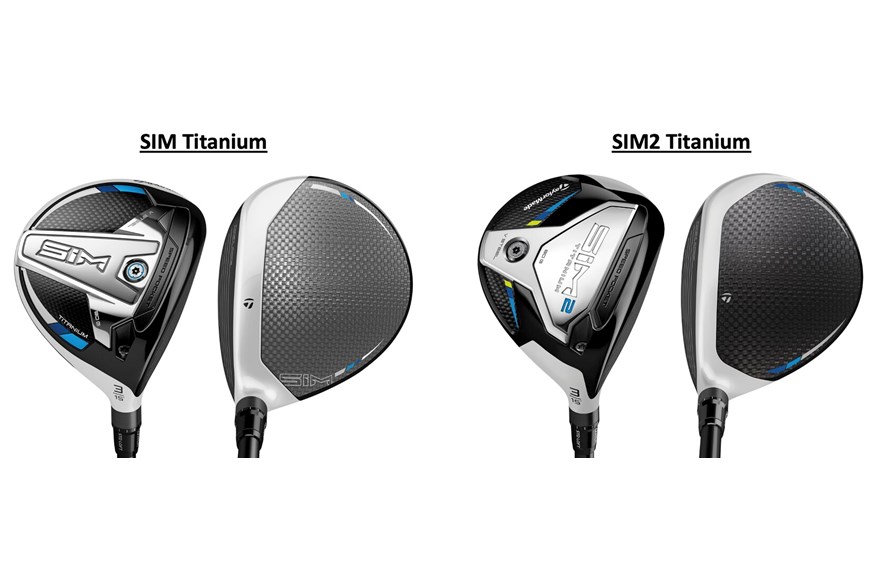
It’s all about the spin characteristics.
Collin plays the SIM 3-wood (13.75° loft) and SIM2 5-wood, both with titanium heads. The low spin but high launch characteristics of their titanium heads are perfect for him. If he played the same lofts in the steel SIM2 Max fairways, shots would launch lower and not carry as far. He hits a lot of 3-woods off the tee and the SIM Titanium 3-wood also has a face that’s a fraction deeper.
Royal St George’s wasn’t a course where everyone needed a 2-iron.
Collin typically uses a 3 and 5-wood on tour most weeks. At The Open he turned up with a SIM DHY 2-iron, which we’d fitted for him last year. Usually with links golf there are two winds – one going out and another coming in. But Royal St George’s has holes going in many different directions, so you really had to pick specific holes which were suited to either a 2-iron or an extra fairway wood.
There were definitely more 2-irons in play over the weekend, but Collin stuck with a 3 or 5- wood all week.

Most TaylorMade players have now switched to the SIM2 drivers because they’re more forgiving.
But for Collin, even though he saw a gain in ball speed with the new model (over his SIM), and launch and spin were very similar, he saw less of his pronounced fade, which he really wanted to keep.
It took us until The Masters to find a solution, which involved trimming the shaft to make it stiffer, but it was already a little late in the season to switch between the two drivers.
But we’re ready if Collin wants to freshen up his driver.
There’s no reason for him to look at switching driver currently; he’s driving the ball well and his stats are great. Of course, if and when he wants to change, it will be led by Collin. Thanks to what we can do on tour in terms of weight distribution, he would be looking at playing the SIM2 Max.
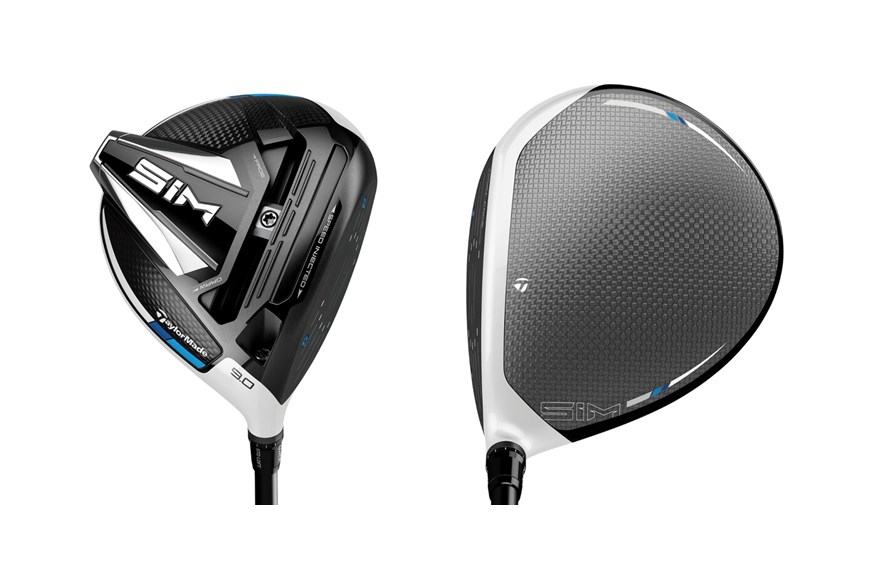
More often than not the stronger the shaft, the easier it is to hit the ball from left to right.
A few weeks before his US PGA win (in 2020), Collin moved from a 70g to 60g driver shaft, but he’s played the same Diamana model for a long time. It’s a very strong profile, which helps him move the ball from left to right, and that’s exactly what he’s looking for.
He has the same Diamana shaft in his 3 and 5-wood, too, which some players find reassuring. If he found another shaft he liked he’d switch, as the Diamana isn’t a current model.
“Do you have any of my custom putters with you?”
That was the text Collin sent me after Scotland. He was asking if any had a harder face as he was struggling with the slow greens here. He was thinking he might just need to adjust to hitting putts harder, but I suggested putting heavier weights in his current head.
Collin isn’t the most technical guy, but he’s brilliant at letting you know what’s happening in real time, so when your answer links up with what he is feeling or seeing, he’s like, “Brilliant, let’s get it done”.
Lots of very good ball strikers find it tough to get good putting stats as they have so many opportunities, but can’t hole them all.
Collin has done a lot of work on his putting, turning it into a real strength. He’s moved to a claw grip, so you can’t manipulate the putter in the way you can with a traditional grip. To ensure all his putters sit in exactly the same way at address, we CNC mill the sole and correct loft on to the face. His putters are very specific to him, and we’ve learned a lot about putters from working with Collin.
All of a sudden, the speed and distance of putts matched what he expected.
At The Open we changed the two 2.5g sole weights to 5g weights before switching them again for two 7.5gs. With 10g of additional weight in the head, Collin got the results he’d usually expect from his 10, 15 and 20-foot strokes. I’m so glad I took the time to go and get a couple of his extra putters from our lab at TaylorMade HQ in Carlsbad before making the trip to the UK – things like that really help boost trust.
It’s all in the preparation.
A tour rep’s job is all about what goes on behind the scenes – most people have no idea of the work that goes into just getting an elite athlete to the start line of an event.
Me taking those extra putters to the UK wasn’t about trying to switch him into a different model –it’s about having his back, just in case he wants to look at something different that week. When we were working at the Open, my boss (Keith Sbarbaro) was two players away, working with DJ. For him to walk over, take a look at what I was doing with Morikawa and give us the nod goes a very long way.
Collin likes options from his wedges.
He chooses between them depending on what the bunkers and rough are like. At the Open he travelled with four 60° wedges, including TaylorMade MG2 and Hi-Toe heads.
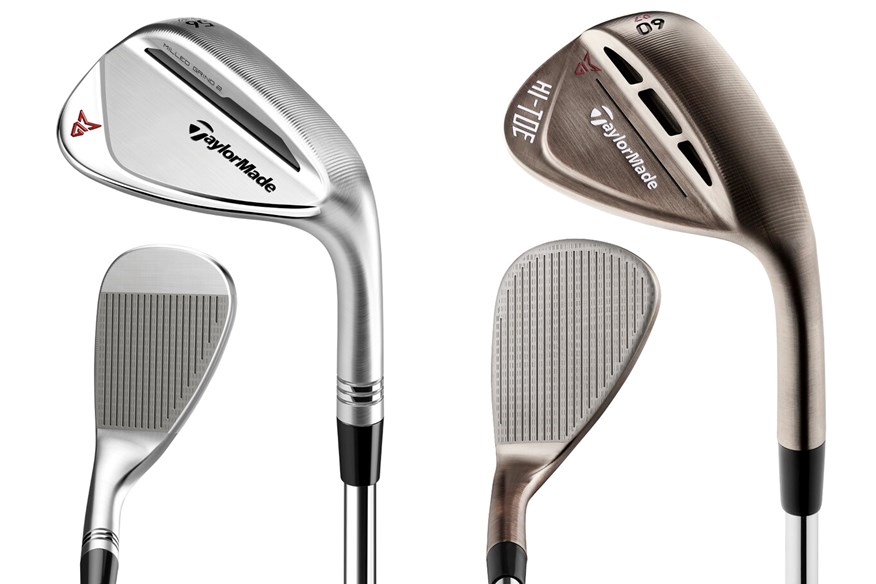
The Hi-Toe story for Collin started at Harding Park, where he won the PGA.
Thanks to how the rough had been grown, it was really easy to hit shots high up the face. With a normal wedge that means less energy transfer, so you don’t get the spin and friction you’re expecting.
With Hi-Toe, Collin found even slight mishits hit higher up the face had the energy and friction to execute the shot. We’re working with him now on the new MG3 and we’re trying to blend what the Hi-Toe offers with the sole geometry that he likes from the MG2.
The TP5x is too explosive.
When Collin first turned professional, the TP5 was the most comparable TaylorMade ball to what he had been playing. He liked the better long iron performance and how our ball gave marginally better driver launch.
Golfers use the TP5x as it is explosive, but Collin is much more of a precise shot-maker, and he’s currently the world’s best iron player. The TP5 gives the extra control he’s after with his irons.
For a player of his standard it’s all marginal gains.
Switching from the 2019 TP5 to the 2021 model, we saw a faster driver ball speed, fractionally improved aerodynamics in still and windy conditions, and a tighter dispersion.
We’ve had him hit the TP5x and it’s between 1 and 1.5mph faster, but for him longer isn’t always better.
READ NEXT:
– WITB Jon Rahm
Subscribe to Today’s Golfer Magazine! In every issue there are exclusive interviews with star players, equipment tests and buying advice, PGA pro tips to you help you shoot lower scores and our highly regarded Top 100 course rankings from around the world.
-
 Collin Morikawa What's in the bag.
Collin Morikawa What's in the bag.
-
 Collin Morikawa wears adidas ZG21 golf shoes.
Collin Morikawa wears adidas ZG21 golf shoes.
-
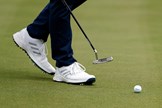 Collin Morikawa wearing the Adidas ZG23 golf shoes.
Collin Morikawa wearing the Adidas ZG23 golf shoes.
-
 Collin Morikawa uses a combo set of TaylorMade P7MC and P730 irons.
Collin Morikawa uses a combo set of TaylorMade P7MC and P730 irons.
-
 Collin Morikawa SIM Driver.
Collin Morikawa SIM Driver.
-
 Collin Morikawa switches from SIM to a Stealth 2 Fairway Wood
Collin Morikawa switches from SIM to a Stealth 2 Fairway Wood
-
 Collin Morikawa playing TaylorMade MG3 Wedges
Collin Morikawa playing TaylorMade MG3 Wedges
-
 Collin Morikawa with his TaylorMade TP Soto Putter
Collin Morikawa with his TaylorMade TP Soto Putter
-
 Collin Morikawa wins the 2023 Zozo Championship in tremendous fashion over fellow Americans
Collin Morikawa wins the 2023 Zozo Championship in tremendous fashion over fellow Americans
-
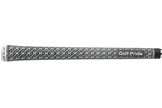
-
 Collin Morikawa SIM Rocket FW
Collin Morikawa SIM Rocket FW
-
 Collin Morikawa has moved into the TaylorMade Stealth Plus driver.
Collin Morikawa has moved into the TaylorMade Stealth Plus driver.
-
 Collin Morikawa won the DP World Tour Championship and the Race to Dubai.
Collin Morikawa won the DP World Tour Championship and the Race to Dubai.
-
 Collin Morikawa uses TaylorMade SIM and SIM2 fairway woods.
Collin Morikawa uses TaylorMade SIM and SIM2 fairway woods.
-
 Collin Morikawa Irons.
Collin Morikawa Irons.
-
 Collin Morikawa uses TaylorMade MG3 wedges.
Collin Morikawa uses TaylorMade MG3 wedges.
-
 Collin Morikawa uses the TaylorMade TP Juno putter.
Collin Morikawa uses the TaylorMade TP Juno putter.
-
 Collin Morikawa celebrates Team USA's Ryder Cup win.
Collin Morikawa celebrates Team USA's Ryder Cup win.
-
 Collin Morikawa has also added the Stealth Plus fairway wood to his bag for 2022.
Collin Morikawa has also added the Stealth Plus fairway wood to his bag for 2022.
-
 Collin Morikawa is using the TaylorMade Stealth Plus 5-wood alongside his SIM 3-wood.
Collin Morikawa is using the TaylorMade Stealth Plus 5-wood alongside his SIM 3-wood.
-
 Collin Morikawa is using the TaylorMade Stealth Plus driver.
Collin Morikawa is using the TaylorMade Stealth Plus driver.
-

-

-
 Collin Morikawa can play in the US PGA Championship for life after his 2020 win.
Collin Morikawa can play in the US PGA Championship for life after his 2020 win.
-
 Collin Morikawa lifts the WGC-Workday Championship trophy.
Collin Morikawa lifts the WGC-Workday Championship trophy.
-
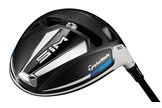
-
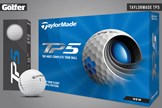 Collin Morikawa uses the 2021 TaylorMade TP5 golf ball.
Collin Morikawa uses the 2021 TaylorMade TP5 golf ball.
-
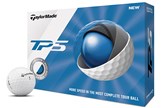
-
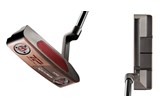
-
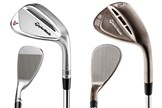
-
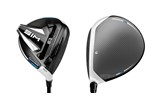
-
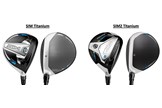
-
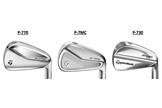
-

-

-

-
 Collin Morikawa won The Open at Royal St George's.
Collin Morikawa won The Open at Royal St George's.

